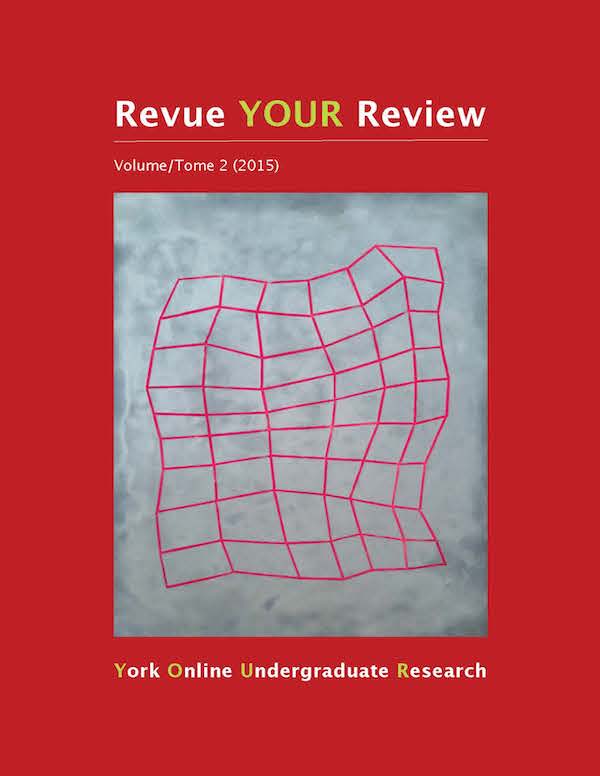United We Stand, Divided We Fall: The Case for a World Environment Organization
Abstract
The first global response to the impending crisis of climate change occurred with the creation of the United Nations Environment Programme (UNEP) in 1972. Since then, conferences have been convened, agreements have been adopted, and another body has been formed without any substantial global progress on the environment having transpired. I examine how current institutional arrangements have failed and prescribe the construction of a World Environment Organization (WEO) as a normative remedy. Such a body would need to be well resourced, with its mandate expanded to the effect that it could compete against the legally binding edicts of the World Trade Organization (WTO). A WEO could also replace dishevelled inter-state action on climate change with centralized, international agreement, implementation, and enforcement of initiatives. I also explore the moral obligation the industrialized North has to assist the underdeveloped South in actualizing the latter’s environmental commitments, and mechanisms that would give the South a greater degree of decision-making power than it presently has. Liberal market environmentalism, an anti-thesis to the proposed WEO, is explained and rebutted. The role of Canada’s current administration in the global response to environmental degradation is likewise studied and critiqued. Though the conclusions I draw from my survey of the literature are normative, I utilize various examples in current affairs to suggest that a productive, cooperative WEO can realistically be consummated.
Downloads
How to Cite
Issue
Section
License
Authors contributing to Revue YOUR Review agree to release their articles under one of three Creative Commons licenses: Creative Commons Attribution 4.0 International; Creative Commons Attribution-NonCommercial 4.0 International; or Creative Commons Attribution-NoDerivatives 4.0 International. All editorial content, posters, and abstracts on this site are licensed under Creative Commons Attribution-NoDerivatives 4.0 International. For further information about each license, see:
https://creativecommons.org/licenses/
In all cases, authors retain copyright of their work and grant the e-journal right of first publication. Authors are able to enter into other contractual arrangements for the non-exclusive distribution of the e-journal's published version of the article (e.g., post it to an institutional repository or publish it in a book or in another journal), with an acknowledgement of its initial publication in this e-journal.


